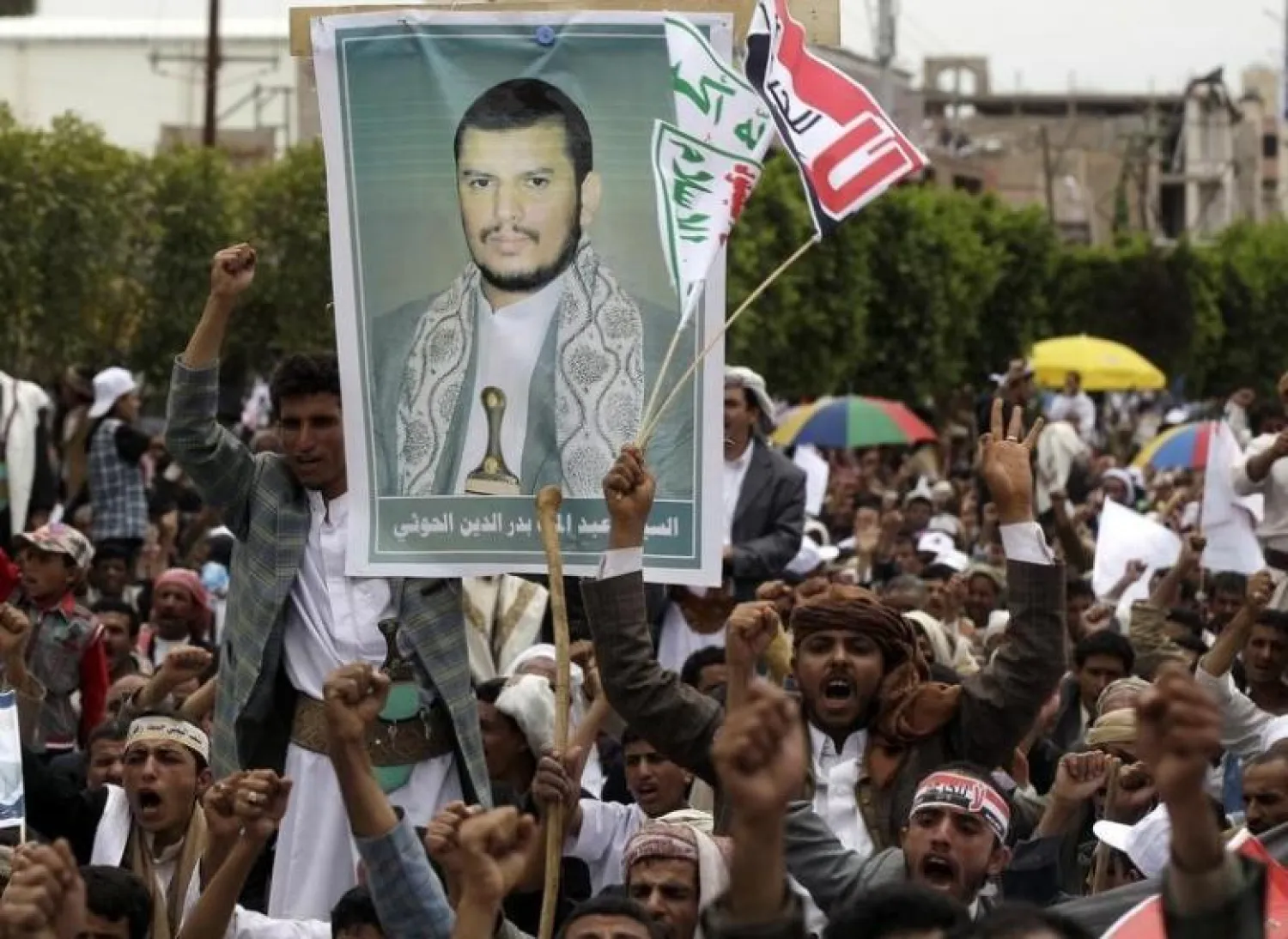Insurgency militias in Yemen overlooked celebrations commemorating the 55th anniversary of the ‘September 26 Revolution,’ which laid the foundations to the unified Yemen.
Celebrated first in 1962, Yemenis have over the decades dedicated a great deal of festivity and adoration for the day which resonates with their national identity. Iran-aligned Houthi militias scrapped away at the occasion, choosing that Yemenis living under their control would celebrate the ‘September 21 Revolution,’ the day marking militias storming in and taking over the capital Sana’a in 2014.
Yemenis celebrated "September 26 Revolution" amid tight restrictions imposed by coup militias, who have abolished all support to the republic system and turned it into a Tehran-inspired regime, the main supporter of the Houthi insurgents.
Yemeni Culture Minister Marwan Damaj says that post-coup events add up to “an extension to the counterrevolution going against the Republic and the (September 26 Revolution).”
“The Yemeni revolution has been subjected to multiple rising conspiracies since the sixties until this very moment, and the 2014 coup is only an expanded and clear model of this counter-revolution aimed at making the Yemenis’ struggles for decades to establish the state of law and order futile,” Damaj told Asharq Al-Awsat.
“Yemenis will not give up their republic, which is a peaceful and tolerating regime, despite the different tools and method of governance available in the region-- it is the most appropriate for Yemen and the most suitable for its neighbors and poses no danger of any kind, contrary to what the coupists are eyeing,” said Damaj.
“Houthis are dangerous to Yemen and the region because they are supported by dangerous regional forces going against social peace in the region and the world,” explained Dammaj.
“The “26 September Revolution” in 1962 was targeted by wars, plots and inner treachery from day one— but the revolution did not stop at attempts to blur, distort and falsify its spirit,” he added.









